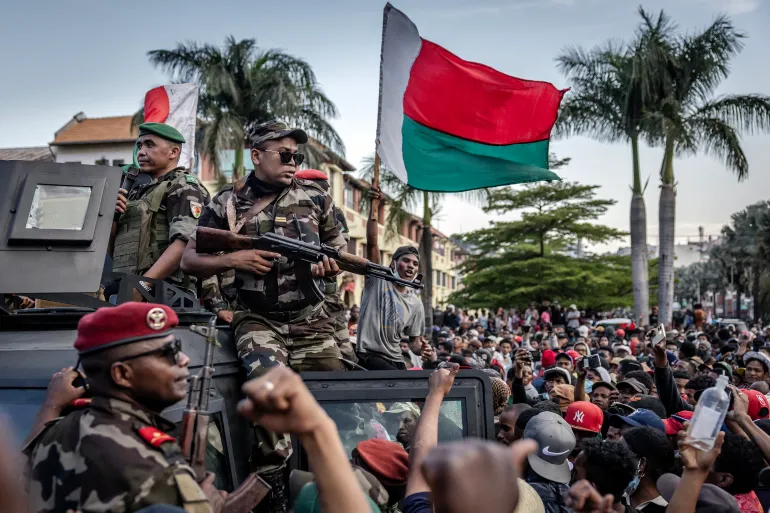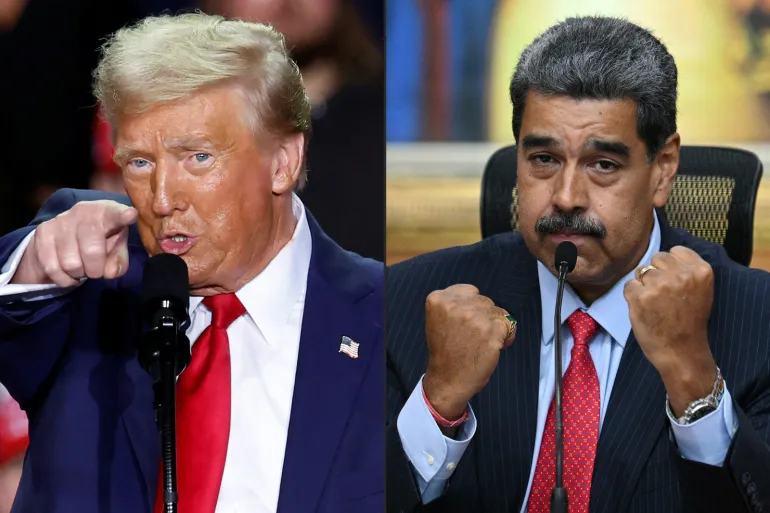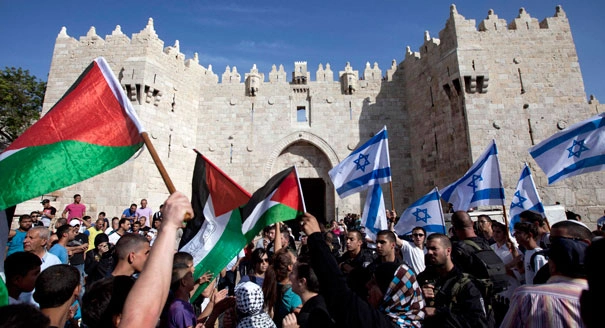Madagascar is witnessing a dramatic escalation in its ongoing political unrest as soldiers have joined thousands of anti-government protesters in the capital, Antananarivo. This remarkable development marks one of the most significant challenges to President Andry Rajoelina’s administration since widespread demonstrations erupted in late September 2025. The joining of the military to the protests underscores deepening dissatisfaction with the government amid worsening living conditions, shortages of basic services, and calls for political change.
Background: Roots of the Protests
The protests initially began as youth-led demonstrations over severe power and water shortages that have crippled daily life across Madagascar. Over the weeks, these grievances expanded into a broader anti-government movement demanding accountability, regime change, and an end to corruption and mismanagement. The protests reflect the frustrations of a generation inspired by activism in other parts of the world, notably the Gen Z movements in Kenya and Nepal.
President Rajoelina’s response has included dissolving his cabinet and appointing a new prime minister in a bid to quell unrest, but these efforts have failed to stem the growing wave of dissent.
The Role of the Soldiers: Defying Orders to Shoot
On October 11, 2025, a faction of soldiers, particularly from the elite CAPSAT unit—which was instrumental in Rajoelina’s rise to power during the 2009 coup—defied orders to suppress the protests with violence. Instead, they joined the peaceful demonstrators in Antananarivo’s May 13 Square, a symbolic site historically linked to political upheaval.
Before joining the protesters, the soldiers issued a public appeal urging military, police, and gendarmerie forces nationwide to refuse any orders that would involve shooting their fellow citizens. In an unprecedented display of unity with the people, the soldiers called for solidarity across all security forces to avoid internal conflict and support the popular movement.
Visuals from the protests showed soldiers waving Madagascar’s national flag as crowds called out “Thank you!” to the troops, highlighting a powerful shift in the political dynamics of the island nation.
Impact and Significance
The decision by a segment of the military to side with protestors presents a critical juncture in Madagascar’s political crisis. This development not only weakens the government’s capacity to maintain order through force but also signals potential fractures within the armed forces themselves.
Historically, the Madagascar military has played a key role in the political landscape, including leading the 2009 coup that brought President Rajoelina to power. Today, soldiers’ refusal to act against civilians and their endorsement of the anti-government movement sends a strong message to the administration and international observers alike.
Government and Military Response
Following the soldiers joining the protests, the Minister of the Armed Forces urged calm and dialogue, emphasizing the army’s role as a mediator and the nation’s ultimate defender. Senior military officials have appealed for restraint, calling on troops to prioritize peaceful resolutions and maintain national stability amid uncertainty.
Meanwhile, tensions remain high, with previous clashes between security forces and protesters involving tear gas, stun grenades, and rubber bullets causing injuries. Reports indicate that at least 22 people have died and dozens more have been wounded during the unrest, according to the United Nations, though the government disputes these numbers.
Broader Context and Future Outlook
The Madagascar uprising reflects wider challenges facing many African nations grappling with governance issues, economic hardships, and demands for democratic reforms. Youth-led activism combined with signs of dissent in the military points to escalating pressures on existing political structures.
Key demands from the protesters include the resignation of President Rajoelina, dissolution of the senate, reform of the electoral commission, and an official apology for perceived government failures. Whether the current government can respond constructively to these demands will determine Madagascar’s trajectory toward stability or further conflict.
The coming weeks will be crucial in shaping Madagascar’s political future as all sides navigate this unprecedented alignment between citizens and parts of the armed forces.






Leave a Reply